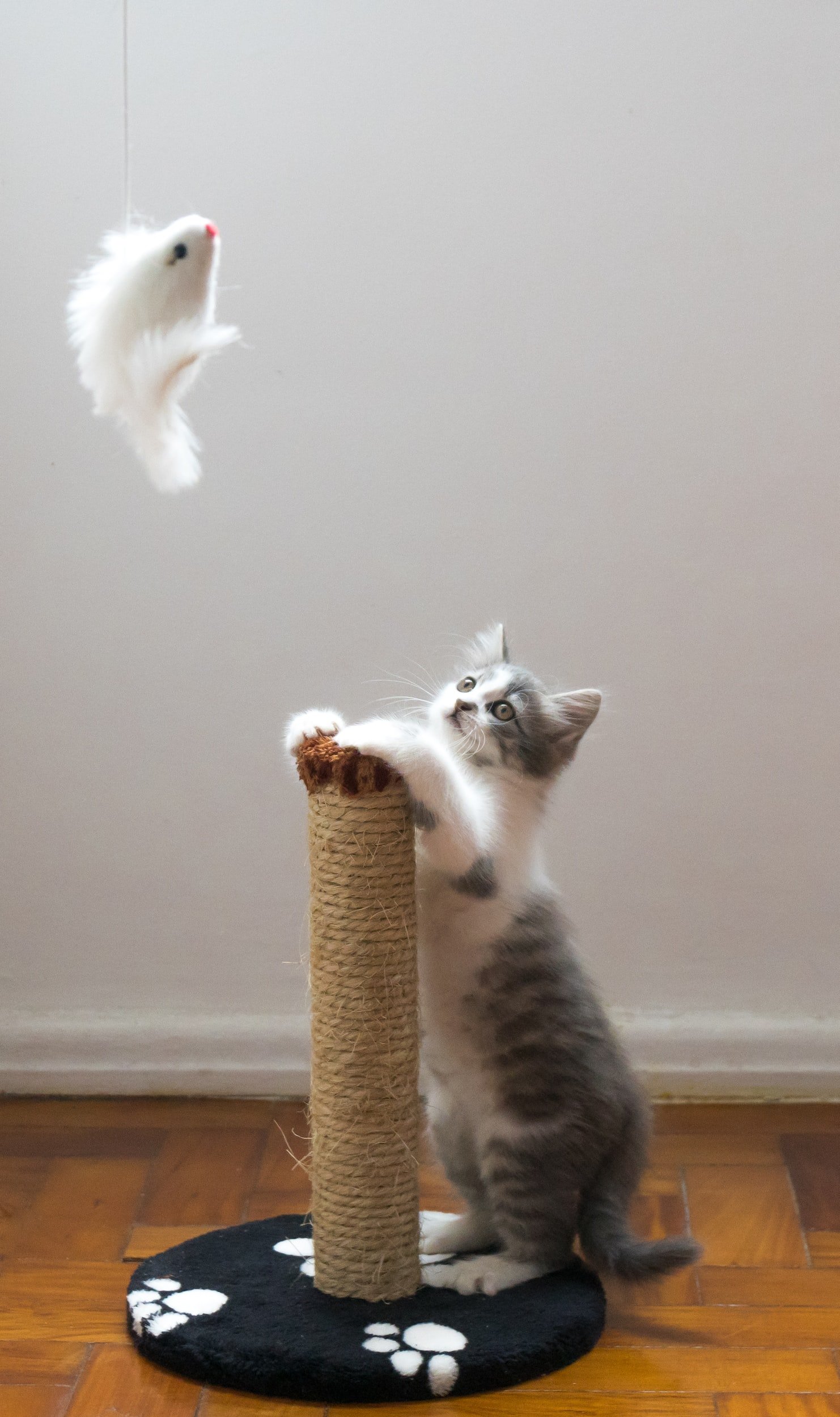Animal Welfare Regulations 2018 and its impact on cat care
The Animal Welfare (Licensing of Activities Involving Animals) (England) Regulations 2018 is a piece of legislation aimed at improving the welfare of animals in England. One of the key areas of focus for these regulations is the care and welfare of cats.
The purpose of this blog is to outline the impact of these regulations on cat care and what it means for those who care for cats.
The regulations set out standards for the care and welfare of cats in breeding establishments, pet shops, and other activities involving animals. This includes requirements for food and water, housing, exercise, and veterinary care.
The regulations also set out licensing requirements for these establishments, which must be granted by the local authority. The licensing process involves an assessment of the facilities and the care given to the animals, and the local authority has the power to revoke the license if the standards are not met.
One of the major impacts of these regulations on cat care is the requirement for catteries, breeders and pet shops to provide more space for cats to live and play in. This means that cats are less likely to be kept in cramped, unhealthy conditions, and are more likely to have access to fresh air and plenty of light. In addition, breeders and pet shops must ensure that cats receive adequate veterinary care, and that they are not subjected to unnecessary stress or suffering.
Another impact of the regulations is the requirement for catteries, breeders and pet shops to keep accurate records of the cats in their care. This includes information on the animals' health, diet, and living conditions, as well as a record of any veterinary treatment received. This information must be made available to the local authority upon request, and it helps to ensure that cats receive proper care and that any welfare issues are detected and addressed promptly.
Finally, the regulations also require catteries, breeders and pet shops to provide staff training in cat care. This means that those who work with cats are better equipped to identify and address any welfare issues, and to provide the animals with the best possible care. This can have a positive impact on the welfare of cats in these establishments, as staff are better equipped to provide for the animals' needs.
In conclusion, the Animal Welfare (Licensing of Activities Involving Animals) (England) Regulations 2018 has had a significant impact on the care and welfare of cats in England. The regulations have set out clear standards for the care of cats in breeding establishments, pet shops, and other activities involving animals, and have given local authorities the power to enforce these standards.
This has led to improved living conditions and veterinary care for cats, and has helped to ensure that they receive the care and attention they need. If you care for cats, it is important to be aware of these regulations and to ensure that you are meeting the standards set out in the legislation. Here at Cat’ll Do Nicely, we are proud to have been licensed to adhere to the Higher Standards of cat care.

